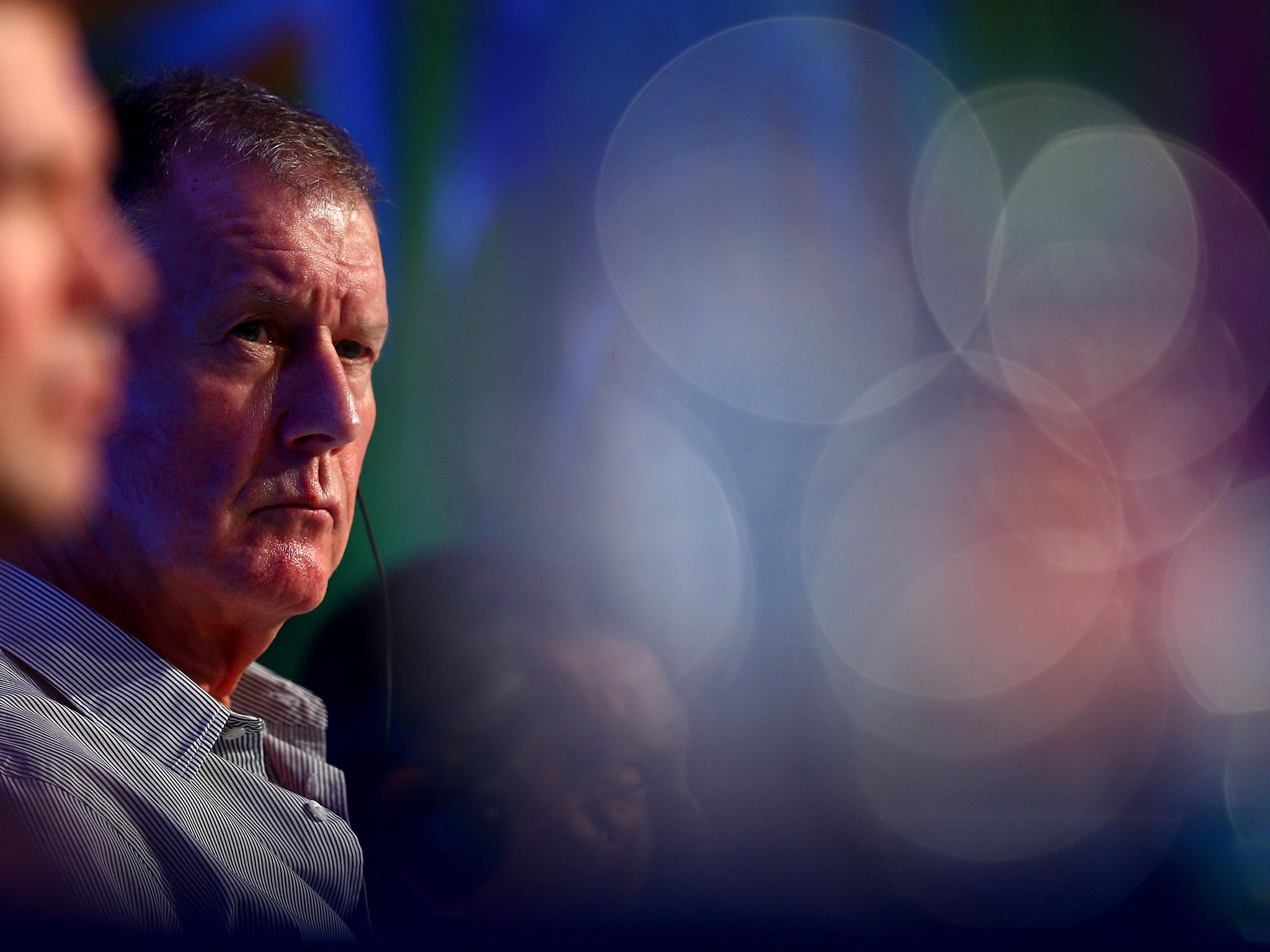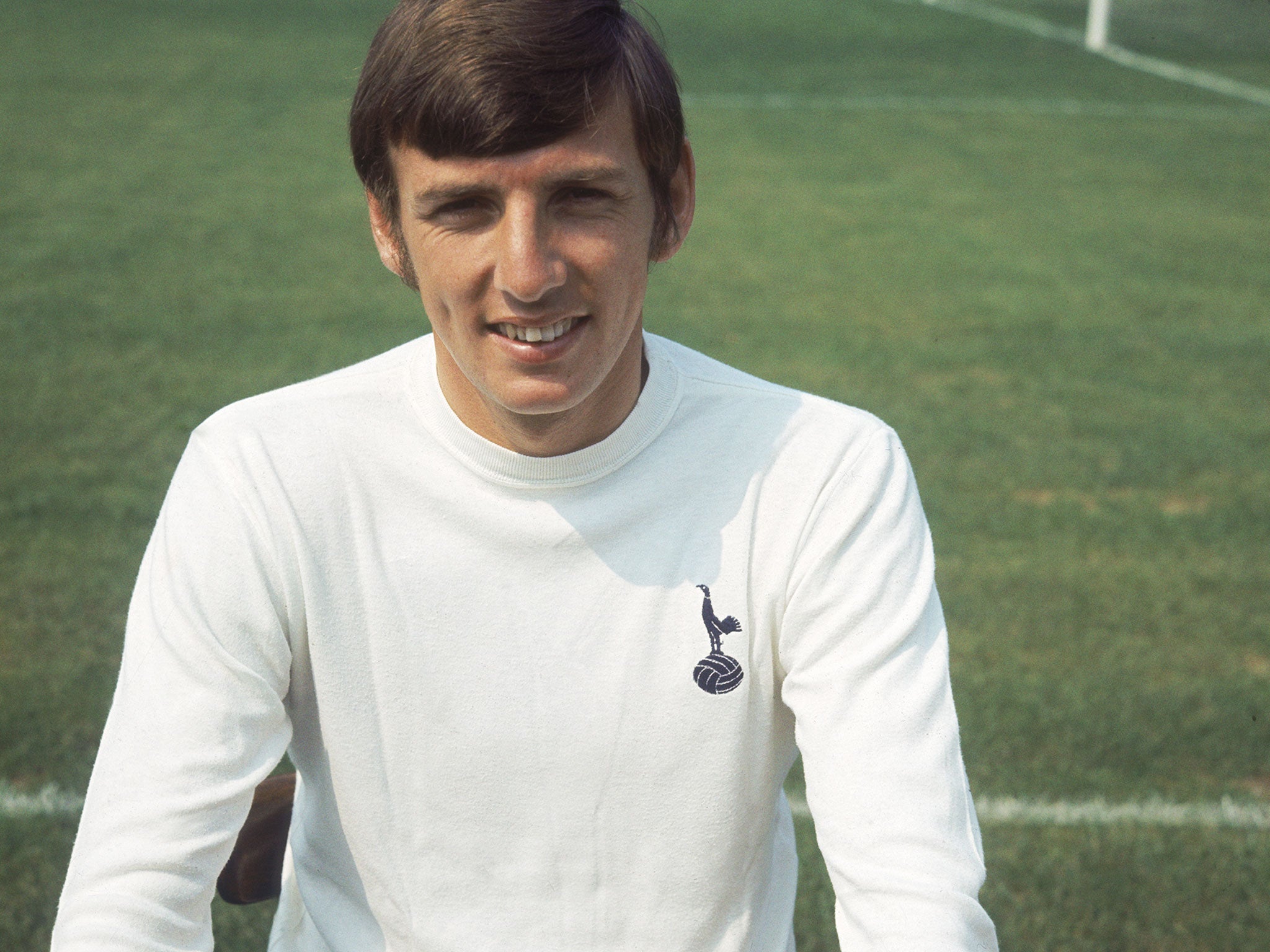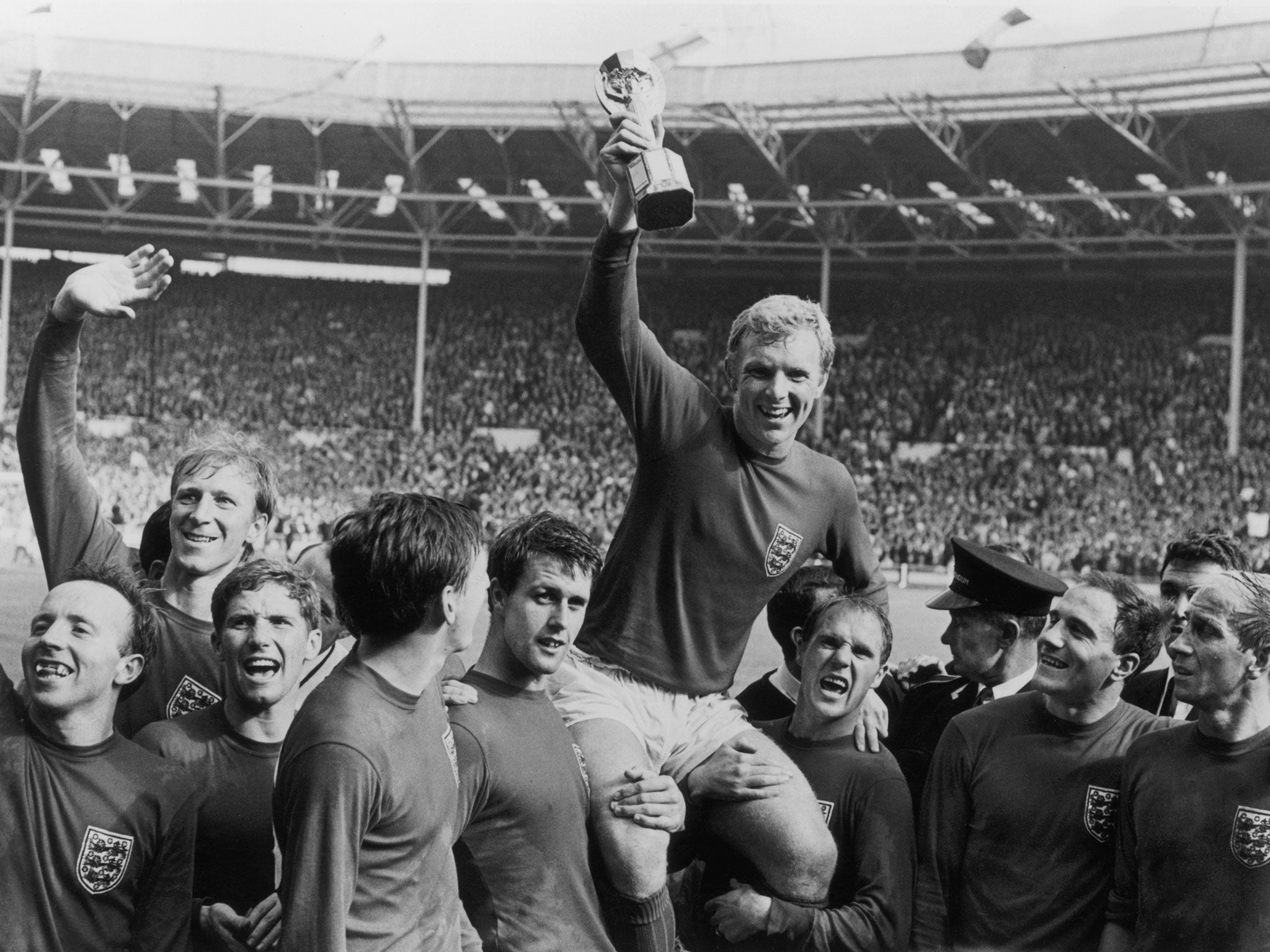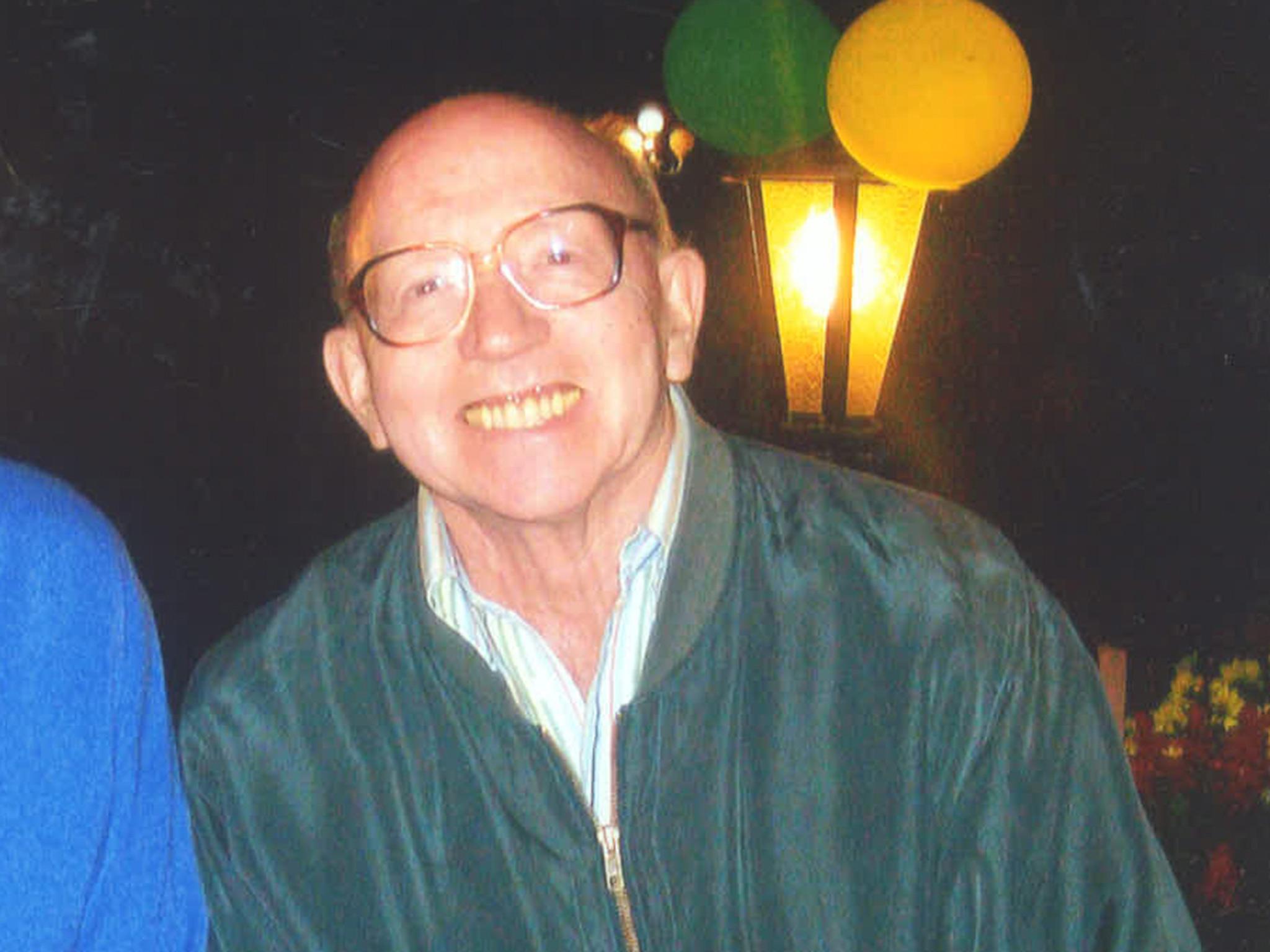Sir Geoff Hurst fears World Cup-winning team-mate Martin Peters would no longer recognise him or remember 1966
Peters, who played alongside Hurst for England and West Ham, suffers from Alzheimer's

Your support helps us to tell the story
From reproductive rights to climate change to Big Tech, The Independent is on the ground when the story is developing. Whether it's investigating the financials of Elon Musk's pro-Trump PAC or producing our latest documentary, 'The A Word', which shines a light on the American women fighting for reproductive rights, we know how important it is to parse out the facts from the messaging.
At such a critical moment in US history, we need reporters on the ground. Your donation allows us to keep sending journalists to speak to both sides of the story.
The Independent is trusted by Americans across the entire political spectrum. And unlike many other quality news outlets, we choose not to lock Americans out of our reporting and analysis with paywalls. We believe quality journalism should be available to everyone, paid for by those who can afford it.
Your support makes all the difference.Sir Geoff Hurst fears his lifelong friend and World Cup-winning team-mate Martin Peters would no longer recognise him or remember their achievements in 1966.
Peters, who played alongside Hurst for England and West Ham, suffers from Alzheimer's.
Hurst scored three and Peters got the other in a 4-2 victory over West Germany at Wembley 51 years ago which still remains the high point in the history of the England national team.
But Hurst knows there is little chance of being able to enjoy moments reminiscing with his old friend about the glory days under Sir Alf Ramsey and at Upton Park, or indeed of Peters ever recovering from such a debilitating disease.

"It is very very difficult, whether he would recognise me or know me," Hurst told Press Association Sport when asked whether he or others had tried to maintain a friendship with Peters.
"We have discussed it with his wife and family, and we have left it that we would not get involved, apart from my wife talking to his wife, and I think she appreciates that, to have someone she can talk to and discuss how Martin is.
"It is heartbreaking for the people involved, and almost impossible to understand how difficult it is for the families. It is a disease which doesn't get better.
"If you have a physical disease, or a broken leg, you can recover from it and get better in time, with dementia it only goes one way, albeit at different levels.
"That is the awful thing about it, because it is not going to get any better than it is today, in fact it is going to deteriorate.
"My wife Judith speaks closely with Martin's wife, Kathy, almost daily.

"It is not necessarily the person themselves - who is not aware that they have dementia - it is the huge, enormous effect which it has on the carer, the husband or wife, the family members, which is all terribly difficult."
Ray Wilson and Nobby Stiles, who also played alongside Hurst and Peters in the World Cup final, are suffering from forms of dementia too.
Fighting the disease is a cause close to Hurst's heart, and he has joined the Alzheimer's Society Memory Walk campaign, which is aiming to help raise around £9million to improve care, fund research and create lasting change for people affected by dementia.
The 75-year-old will open his local event, which is one of 34 walks planned across England, Wales and Northern Ireland, at Pittville Park in Cheltenham on October 8.
"(Dementia) is becoming one of the most serious illnesses and it is increasing," Hurst said.

"My involvement with the players from my (1966 World Cup) squad who have got it is seeing how the families deal with it all, and it is arguably one of the most debilitating aliments families can face.
"I grew up with some of them from when I was just 16, so for me it was something which I really felt I had to get involved in."
Last year marked the 50th anniversary of England's World Cup win, but the likes of Peters and Stiles, the enforcer at the heart of Ramsey's side, would now often struggle to recall their achievements.
Hurst said: "It is extremely sad, because a lot of your life is about memories of the past over many years with your family and friends (and) that now is all clouded in mystery.
"Sadly for the players involved, (winning the World Cup) is not even a distant memory."
Alzheimer's Society is urgently calling on people to unite against dementia - register now at memorywalk.org.uk to find a walk near you.
PA
Join our commenting forum
Join thought-provoking conversations, follow other Independent readers and see their replies
Comments